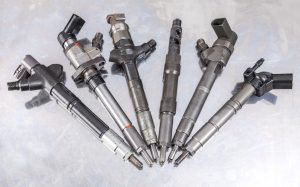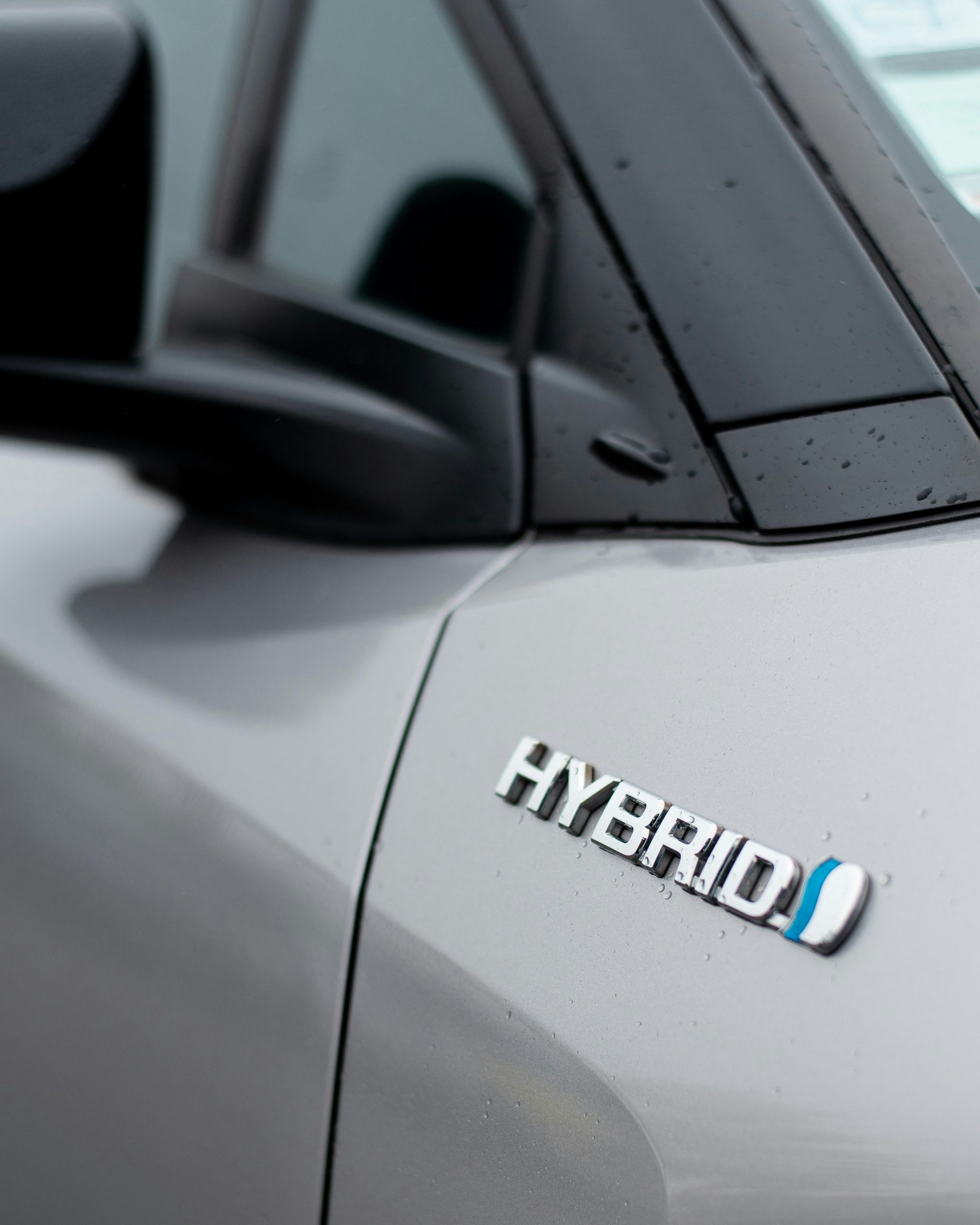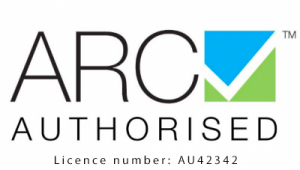Diesel engines are known for their longevity, fuel efficiency, and high torque, making them a popular choice for light vehicles, especially utes and 4WDs. One critical component of diesel engines is the fuel injector, which delivers precise amounts of fuel to the combustion chamber at the right time. In modern diesel engines, common rail injectors have become the norm due to their higher fuel efficiency and better performance. But how long do diesel common rail injectors in light vehicles last?
The lifespan of diesel common rail injectors in light vehicles can vary depending on several factors, including the quality of fuel used, the driving conditions, the type of engine, and the maintenance practices. Generally speaking, diesel common rail injectors in light vehicles can last anywhere from 150,000km to 250,000km before needing replacement. But this is just a guide. We’ve replaced injectors with as little as 120,000km use. We’ve also seen injectors still performing after more than 400,000km!
One of the most important factors affecting the lifespan of diesel common rail injectors is the quality of fuel used. Poor-quality fuel can contain impurities and contaminants that can cause the injectors to clog or fail prematurely. Australia has relatively poor fuel standards, so it’s important to use high-quality fuel from a reputable supplier to ensure the longevity of the injectors.
The driving conditions also play a role in the lifespan of diesel common rail injectors. Frequent idling or stop-and-go traffic can put more stress on the injectors, leading to premature wear. Similarly, extreme weather conditions, such as very hot or very cold temperatures, can also put additional stress on the injectors.
Proper maintenance is crucial for injector longevity. Regular maintenance, such as changing the fuel filter can help prevent contamination and wear that can damage the injectors. Regular fuel filter changes are especially important as Australian fuel standards allow contaminate sizes that are greater than the operating tolerances in modern injectors. So the only thing protecting your expensive injectors is the fuel filter. We also recommend using a fuel additive designed to clean the injectors to remove any buildup of deposits or contaminants that can cause clogs or failures. When we service a diesel vehicle, we add an injector cleaner to the tank for this very reason.

So how do you know when your injectors are starting to fail? Well, they can exhibit several symptoms. Here are some common signs to look out for:
- Black smoky exhaust – When diesel injectors start to fail, they can cause smoky exhaust. This is usually caused by incomplete combustion, which results in unburned fuel exiting the engine as black smoke or soot.
- Blocked diesel particulate filter (DPF) – An engine fitted with a DPF won’t blow black smoke as the soot is trapped in the DPF. So if an injector is failing, the filter will quickly fill, requiring frequent regenerations and possible blocking. You may also see a check engine light or other warning light on the dash.
- Engine misfires or rough running – One of the most common symptoms of failing common rail diesel injectors is engine misfires or a rough-running engine. This can be caused by the injector not delivering the correct amount of fuel to the combustion chamber, resulting in incomplete combustion and a loss of power.
- Reduced fuel efficiency – Failing injectors can also cause a decrease in fuel efficiency, as the engine is not able to burn fuel as efficiently. This can lead to a noticeable increase in consumption, which can be expensive over time.
- Hard starting – Failing injectors can also cause hard starting, where the engine takes longer to start than usual or requires multiple attempts. This is often caused by the injector not delivering enough fuel to the combustion chamber during the starting process.
- Check engine light – In many cases, a failing injector can trigger the check engine light on the dashboard. This can be caused by a variety of issues related to the injector, such as a clogged or stuck injector.
If you experience any of these symptoms, it is important to have your vehicle inspected by a qualified mechanic or diesel engine specialist as soon as possible. Ignoring these symptoms can lead to more significant problems, such as engine damage, which can be expensive to repair.
In addition, regular maintenance and inspection of your diesel common rail injectors can help prevent these issues from occurring in the first place. This includes changing the fuel filter, using high-quality fuel and oil, and using a fuel additive designed to clean the injectors. A qualified mechanic or diesel engine specialist can provide guidance on the best maintenance practices for your particular vehicle and engine type.








